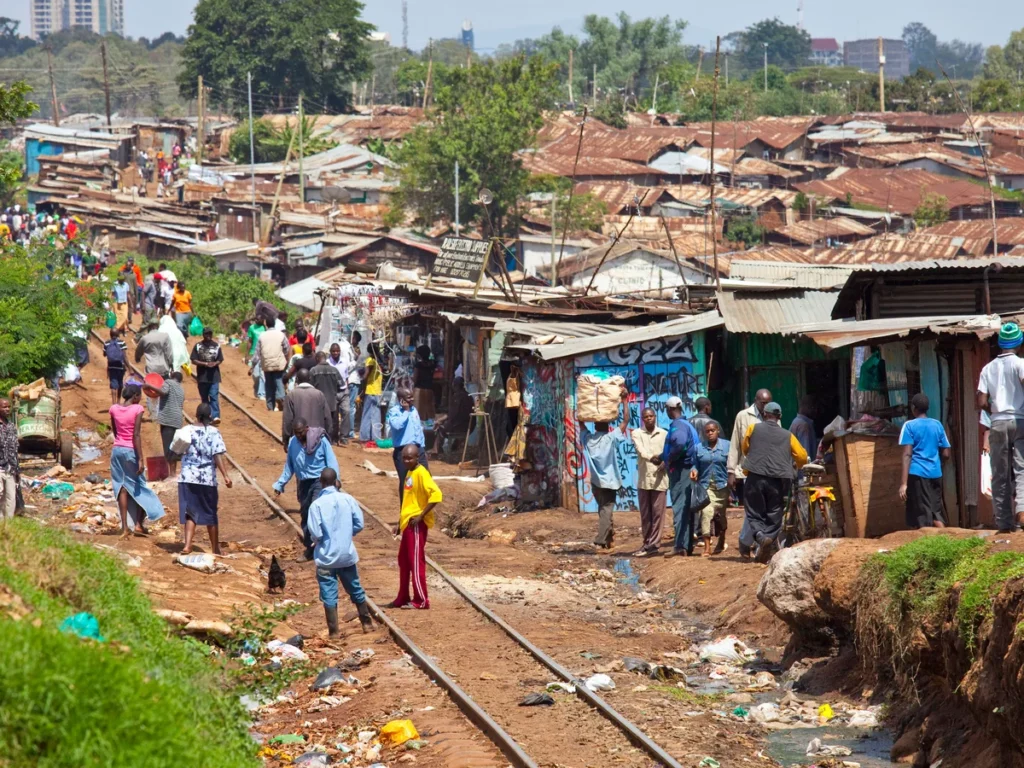Leaders from developing countries vulnerable to climate change used the United Nations General Assembly to call out wealthy nations for failing to deliver on promised climate finance. Rising sea levels, prolonged droughts, and accelerating deforestation are threatening livelihoods, yet funds pledged to address these crises remain far below what is needed.
Marshall Islands President Hilda Heine delivered one of the strongest rebukes, warning that her country is on the frontline of climate collapse. “It is past time for the rich world to meet its obligations and get money to where it’s needed most. We’ve heard the promises – but promises don’t reclaim land in atoll nations like mine,” she told the assembly.
In 2009, wealthy nations pledged $100 billion annually to support developing countries in climate adaptation and mitigation. That goal was only met belatedly in 2022. At last year’s UN climate summit, nations agreed to scale up climate finance to $300 billion annually by 2035. However, many developing nations argue the figure is grossly inadequate compared to the scale of the crisis.
Climate finance experts estimate that developing countries will need at least $1 trillion every year by the end of this decade to build resilience and transition to cleaner economies. For many small island states and African nations, the gap between what has been pledged and what is required is a matter of survival.
The frustration at the UNGA highlights a growing trust deficit between the Global South and industrialized nations. Without reliable funding, vulnerable countries face mounting disasters that they did little to cause. As climate negotiations continue, leaders from developing countries insist that urgent action on financing is not charity but a responsibility owed by those most responsible for global emissions.
For nations like the Marshall Islands, the stakes could not be higher. Rising seas threaten to erase entire homelands — and with every delay in promised funding, the window for survival narrows.

